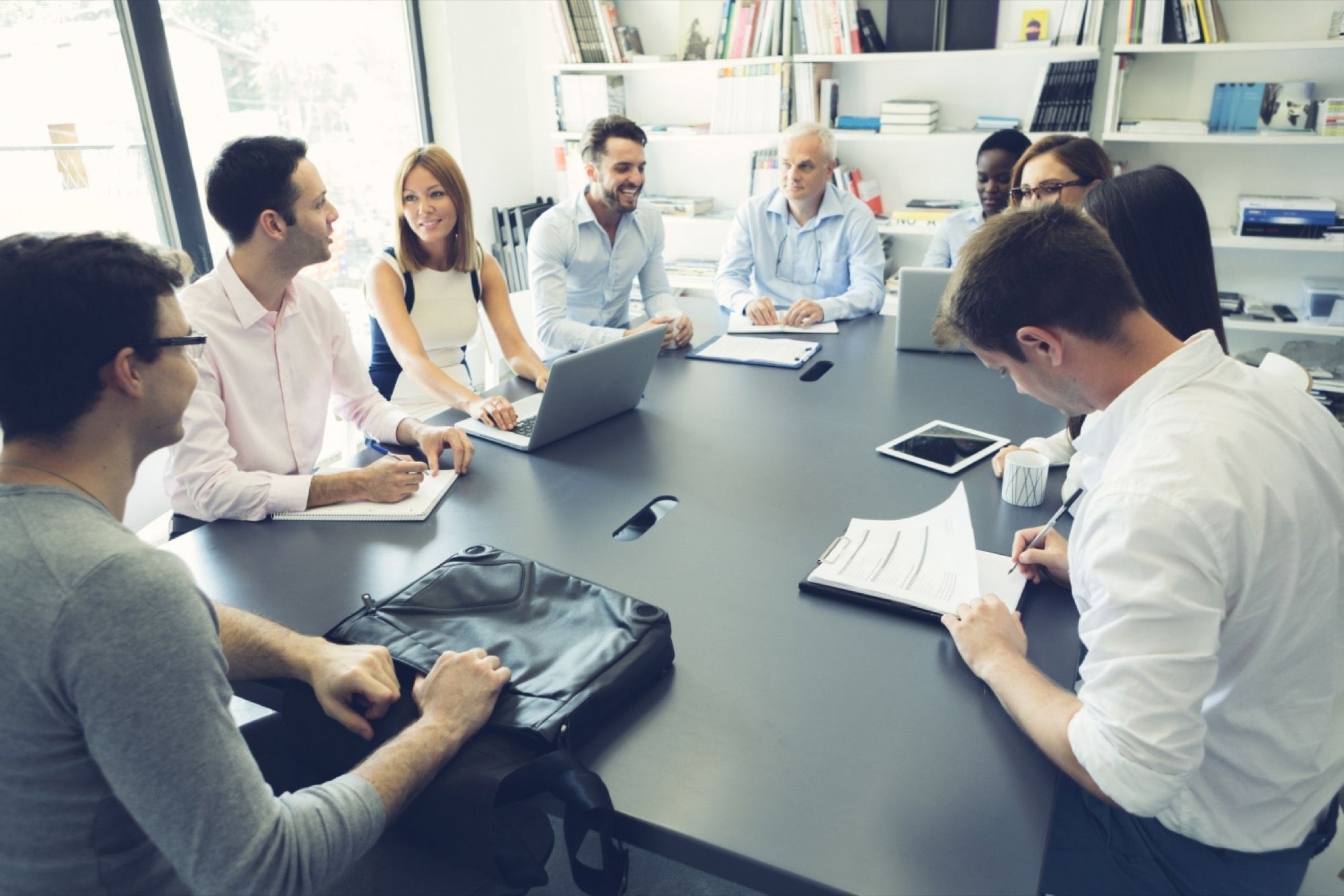The Mohammed bin Rashid Initiative For Global Prosperity Announces Winners Of The US$1 Million Global Maker Challenge The four winners, and eight runners-up of the competition, will be recipients of cash prizes, and will also receive access to mentors and global organizations worth up to US$1 million.
By Aalia Mehreen Ahmed •
Opinions expressed by Entrepreneur contributors are their own.
You're reading Entrepreneur Middle East, an international franchise of Entrepreneur Media.

The Mohammed bin Rashid Initiative for Global Prosperity has announced the four winners and eight runner-ups for the second cohort of the Global Maker Challenge, who will receive monetary prizes, mentorship, and access to global organizations, worth up to US$1 million.
Simbi Foundation, ColdHubs, POKET, and Plastics for Change were announced as the four Global Maker Challenge winners. In addition to the Global Maker Challenge winners, the competition also recognized the work of four startups that could provide necessary disruption in trying to solve contemporary social and economic challenges: ID2020, Stixfresh, Agricycle Global, and AlgiKnit.
This year's Global Maker Challenge was focused on four themes: Innovation for Peace and Justice, Sustainable and Healthy Food for All, Innovation for Inclusive Trade, and Climate Change. The participants in the program were evaluated by the Massachusetts Institute of Technology's SOLVE initiative (MIT SOLVE) and a panel of 47 judges that included subject matter and innovation experts. Over 6,800 people virtually watched the Global Maker Challenge finalists' pitches, expert discussions, and the award ceremony.
The Innovation for Peace and Justice theme was aimed at addressing the issues faced by refugees and displaced people in gaining access to affordable, good quality services that are vital for their safety. The winning solution was Simbi Foundation, which provides solar-powered, centralized learning hubs that allow for access to digital education to youngsters especially in rural and poverty-stricken communities. The runner-up in this category was ID2020, a user-managed, digital ID platform that helps displaced people have more ownership of their health records, educational degrees, and professional identifications. The second runner-up, Aiyin, creates virtual reality (VR) learning spaces for areas that don't have financial capacity and physical location to build tangible ones.
The next theme, Sustainable and Healthy Food for All, addressed the issues faced by urban residents in accessing healthy and sustainable food. ColdHubs, a startup that provides solar-powered walk-in cold storage facilities for perishable foods that are produced by rural farmers in developing countries was the winner for this category. The runner-up was Stixfresh, which produces stickers that create a protective layer around fresh foods to help reduce spoilage time thereby offering economic benefit to small farmers and producers who don't have access to climate-controlled warehouses. The second runner-up was Nilus, a platform that offers a digital marketplace for affordable and healthy food.
The third theme, Innovation for Inclusive Trade, sought to address the problems of accessing new supply chains and markets in rural communities. POKET, a crowd-sourced registry of offline merchants that can help an entire network of suppliers across a region was announced the winner. The runner-up was Agricycle Global, a zero-electricity post-harvest food dryer technology that helps rural farmers connect to new, international markets. The second runner-up was Fantine, a blockchain-enabled platfrom that enables coffee farmers deal with roasters and buyers directly.
The fourth and final theme, Climate Change, explored solutions that could help catalyse a low-carbon circular economy through efficient use of already exiting resources. The winner for this challenge was Plastics for Change, an ethical sourcing platform that helps communities move towards a low-carbon, circular economy by eliminating waste. The runner-up was AlgiKnit, a low-cost, sustainable fibre that is biodegradable which can be used in the fashion industry. The second runner-up was Aquacycl, a microbial fuel cell that can generate electricity from wastewater.












